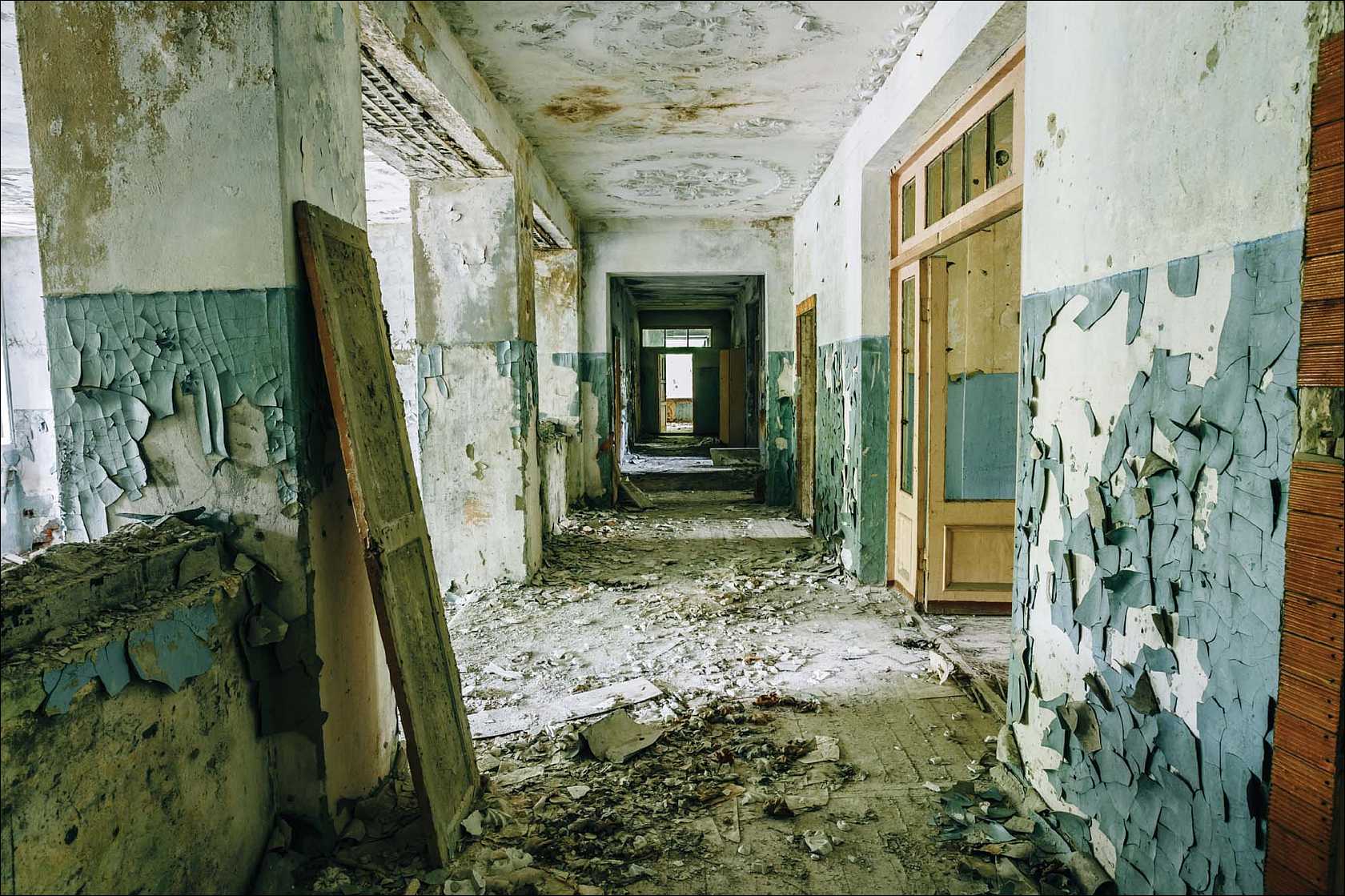
The dark side of nature writing
The recent renaissance in nature writing also revives an overlooked connection with fascism. Richard Smyth explores.
How the 1980s fashion boom shaped our turbulent present
Elizabeth Wilson on two new books about 1980s fashion magazines, which reveal the conservative politics lurking beneath radical looks.
British theatre is thriving with new ideas and voices. As Samira Ahmed explains, we have more diverse commissioning and casting to thank for it.
David Wearing argues that the writer and musician Akala has become an essential voice in Britain’s debate on race, class and identity.
The enduring appeal of Armageddon
Cal Flyn asks: why is our popular culture so obsessed with the end of the world?
How Orwell gave propaganda a bad name
Today, we associate propaganda with totalitarian states – but, writes Huw Lemmey, it also enables people to challenge power from below.
How Spotify's algorithm is transforming pop
Spotify offers fans unparalleled access to music – but is it flattening culture into an incentivised blandness? Alex Macpherson explores.
"The Good Place" is an unlikely sitcom about ethics. Caroline Crampton asks: how did it get so popular?
Yiannis Baboulias on the latest sci-fi, which imagines what society will look like if we colonise space – a universe in which might is right and there are no good guys.
Rediscovering Britain's avant-garde
Ann Quin is the latest author from the English literary avant-garde to undergo a modern reappraisal – and, writes Juliet Jacques, it is long overdue.

